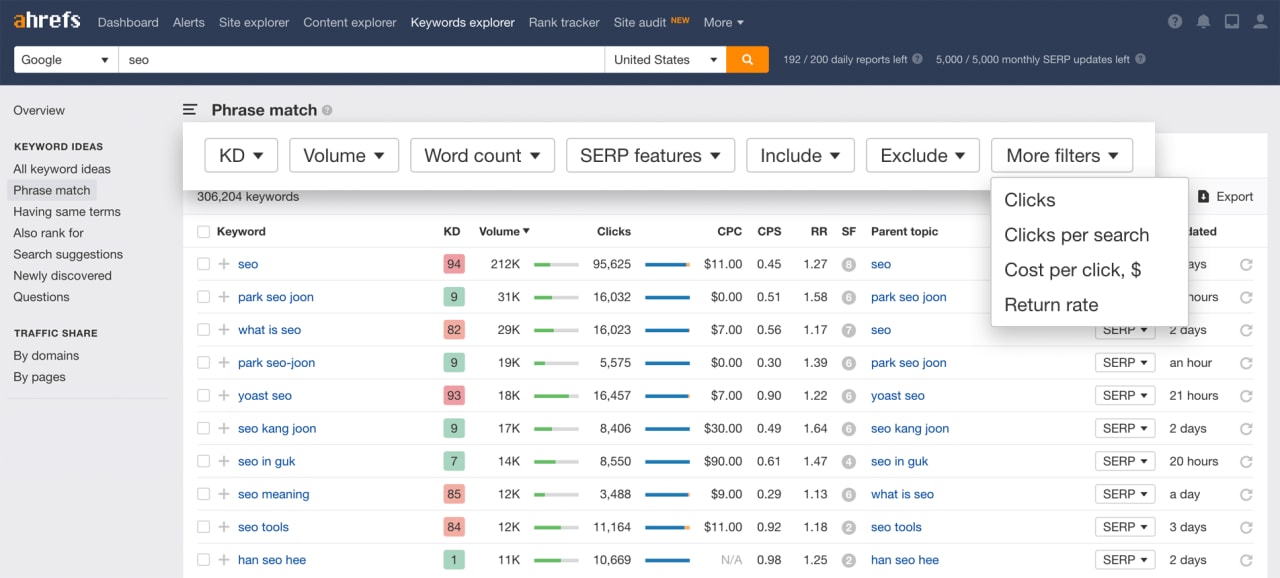Building a Software Marketplace like GetApp using Programmatic SEO

Programmatic SEO Strategy for a Software Marketplace
Implementing a programmatic SEO strategy is essential to enhance the visibility and effectiveness of a software marketplace, similar to GetApp. By combining targeted SEO combinations with dynamic data sets, the marketplace can create highly optimized and user-centric pages to attract organic traffic and drive conversions.
1. Programmatic SEO Combinations
To scale up the programmatic SEO pages for a software marketplace, the following combinations can be leveraged:
Software Category x Location: Creating pages targeting specific software categories combined with different locations, such as "CRM Software in New York," "Accounting Software in London," or "Project Management Software in Sydney."
Software Category x Company Size: Developing pages targeting software categories based on the size of the business, like "HR Software for Small Businesses," "ERP Solutions for Enterprise Companies," or "Marketing Automation for Mid-Sized Firms."
Software Category x Industry: Generating pages matching software categories with specific industries, such as "Healthcare IT Solutions," "Retail Management Software," or "Manufacturing ERP Systems."
Software Features x Location: Focusing on software features combined with different locations, for example, "Invoicing Software with Automatic Tax Calculations in Canada" or "Project Tracking Apps with Gantt Charts in Germany."
Software Pricing x Location: Targeting software pricing options based on different locations, like "Affordable CRM Software in India" or "Enterprise-Level Accounting Tools in the UK."
Software Integrations x Location: Highlighting software integrations with various locations, such as "CRM with Zapier Integration in the USA" or "Project Management with Google Calendar Sync in Japan."
2. Dynamic Data Sets
To power the programmatic SEO pages effectively, the software marketplace can leverage the following dynamic data sets:
Software Category Database: Maintaining a comprehensive database of software categories, subcategories, and their associated features, pricing, and integrations.
Location Database: Developing a database of locations (countries, states/provinces, cities) with relevant data points, including population, GDP, industry composition, and cost of living.
Company Size Database: Creating a database of company sizes (small, medium, enterprise) with associated employee counts, revenue ranges, and industry classifications.
Industry Database: Establishing a database of industries (healthcare, retail, manufacturing, etc.) with relevant characteristics, such as market size, growth trends, and technology adoption rates.
Software Pricing Database: Maintaining a database of software pricing models (per user, per feature, per transaction, etc.) and associated cost ranges for different locations and company sizes.
Software Integrations Database: Developing a database of popular software integrations (CRM, accounting, project management, etc.) and their compatibility with different software categories and locations.
By combining these programmatic SEO combinations and dynamic data sets, the software marketplace can efficiently generate highly optimized, targeted pages tailored to the specific needs and preferences of its users. This strategic approach not only enhances the marketplace's visibility but also improves the overall user experience, ultimately leading to increased engagement and conversions.
Related Resources
How to do keyword research for Programmatic SEO?

Launching Programmatic SEO website with Webflow CMS in 2024

Programmatic SEO for B2B SAAS Companies

© 2025 – Programmatic SEO Builder